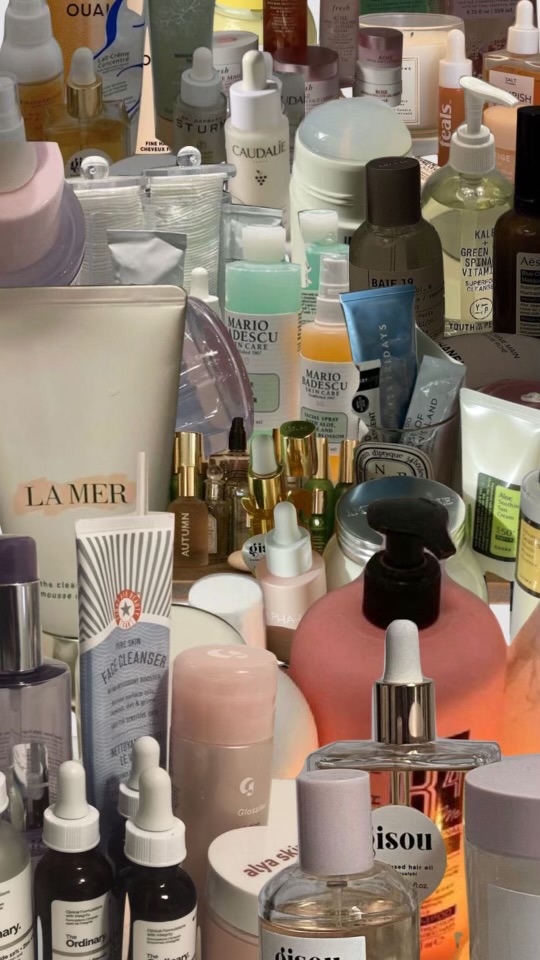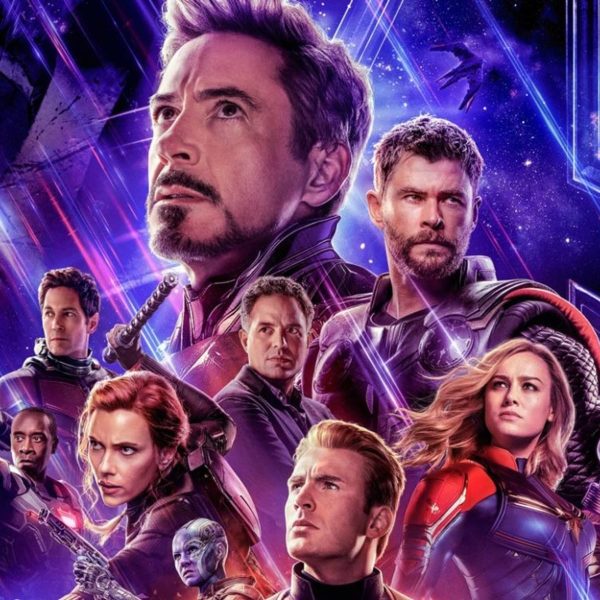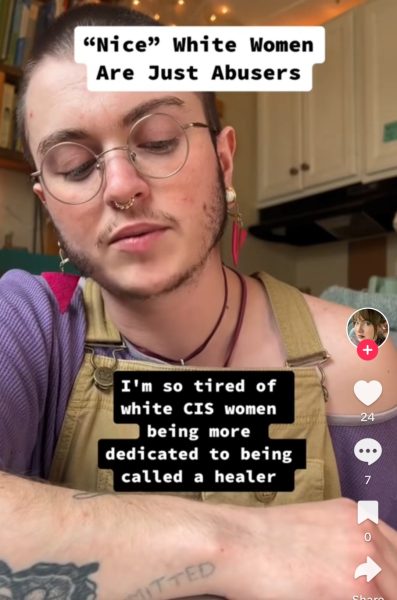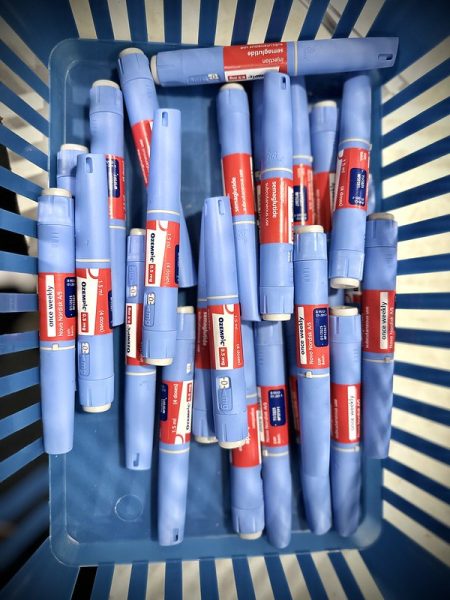The War on Drugs needs to be retired; it’s time for change

More stories from Reena Mathews
As a country, we have certainly had a messy relationship with drugs of all kind. While this can likely be traced back several centuries, the most concerning and relevant events transpired at the close of the last millennium with the dawn of the War on Drugs.
From Nixon to George W. Bush, Americans have been forced to watch the colossal disaster that is the War on Drugs; trillions of dollars have been haphazardly thrown at America’s so-called “public enemy number one,” fueling racial divides, and the persistence of poverty through policies like mandatory minimum prison sentences have sent incarceration rates through the roof — all while utterly failing to actually deter drug usage.
This entire catastrophe was conceived under Nixon; years later reports emerged from an interview with one of Nixon’s advisors – John Ehrlichman – in which Ehrlichman attests to the political agenda of the War on Drugs. He denoted Nixon’s two main enemies as “antiwar lefts and blacks.” In order to ensure Nixon’s win, the public was taught to associate marijuana with anti-war “hippies” and heroine with blacks. In turn, the government began its crackdown on the two substances, among others, consequently rupturing the communities and turning them into the nation’s most heinous villains seemingly overnight.
The nasty political ploy was only momentarily subdued via the Carter Administration; however, the monster was awoken when Ronald Reagan expanded upon Nixon’s anti-drug policies and Nancy Reagan launched the “Just Say No” campaign. With this, incarceration rates skyrocketed with nonviolent drug crimes.
In the present day, with drug overdoses having killed more Americans in only 2016 than during all of the Vietnam War, it is marijuana that our officials are concerned about — a drug that has never killed anyone from an overdose.
In 2012, the Obama Administration implemented a policy to allow for states to legalize marijuana in spite of federal laws prohibiting it. But recently, as the opioid epidemic continues to ravage the population, Attorney General Jeff Sessions rescinded the policy in order to curb decriminalization of marijuana, which Sessions once referred to as “only slightly less awful” than heroin (heroin overdoses killed 13,000 in 2015; marijuana overdoses killed none).
As for the actual crisis at hand, political efforts to control the opioid epidemic have been abysmal. Most efforts have been focused on stemming the flow and supply of these drugs, but these attempts have proved to be futile as drug abuse and overdose rates continue to soar. Most notably, Congress appropriated a mere $1 billion to drug treatment two years ago, which pales in comparison to the tens of billions studies estimate is actually needed.
Since October, the opioid epidemic remains only a public health emergency, depriving the issue of the much-needed funds that would be allocated to the epidemic had it been declared a national emergency– which Trump had previously promised to do.
So as fellow Americans continue to perish at the hands of opioids without any assistance from the government that is supposed to have their best interest in mind, I struggle to cling to my dwindling hope that our nation will manage to end this vicious cycle. The War on Drugs has long since expired; it’s time we retire the ridiculous antics. We need change. America needs change.

Reena Mathews is now entering her third year on The Central Trend and second year as Editor in Chief. She has always loved to read and write and is...
























































































